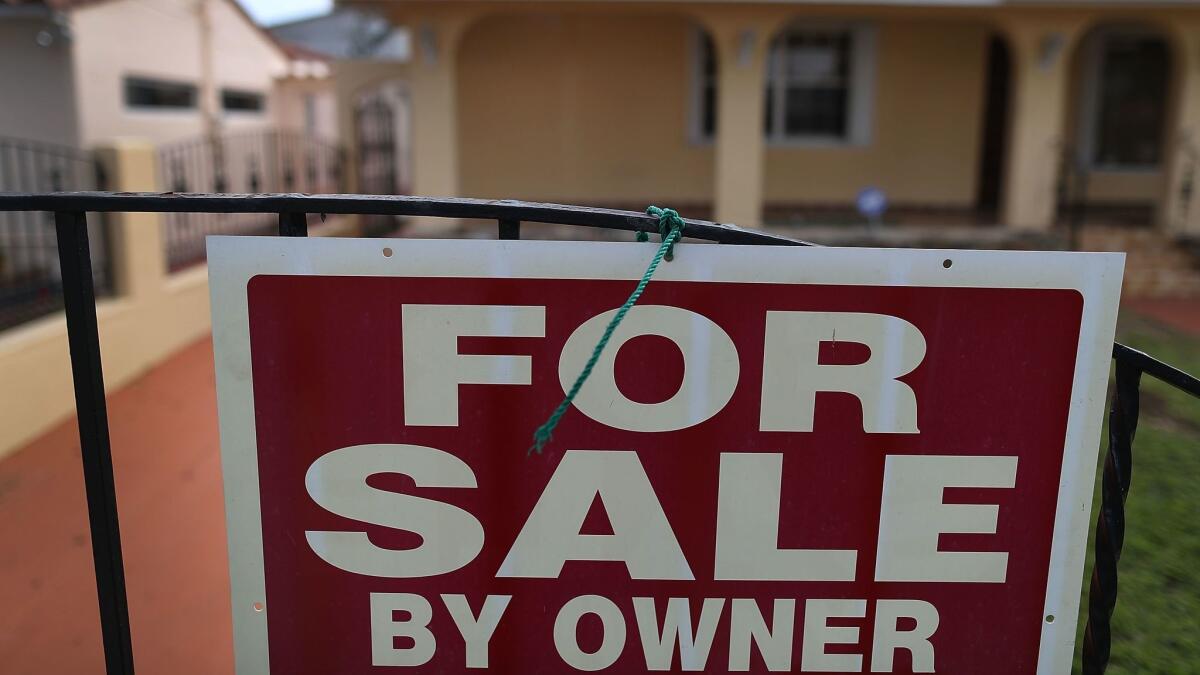Planning to borrow from your 401(k) for that home down payment? It may not be as easy as you think

If you’re planning to take a loan out on your 401(k) to purchase a home, you had better check with your employer first. Your employer’s rules on borrowing from your retirement funds might be tougher than those of the Internal Revenue Service.
“I can’t stress enough that you let your real estate agent and lender know if you plan to use 401(k) funds for the down payment or closing costs,” said Bill Rozek, a senior loan officer with Embrace Home Loans in Rockville, Md.
“I had a client that was under contract to buy a home and was later told by her employer that they would not loan enough to cover the 20% down payment. She had to walk away from the deal,” he said.
According to the IRS, retirement plans may offer loans to participants but are not required to do so.
The good news is that, according to the Plan Sponsor Council of America, most employers — 82.8% — allow employees to borrow against their 401(k) funds. The bad news is that employers can put many restrictions on obtaining a loan.
“Employers can limit the amount that can be borrowed and they can have their own rules around loans,” said Hattie Greenan, the council’s director of research and communications. “They can limit the number of loans per year, put a percentage of assets cap on it, as well as set the interest rates.”
There are even more limitations, said Nevin Adams, chief of retirement marketing and communications at the American Retirement Assn.
“Each employer plan has its own rules for loans, starting with deciding to allow loans,” Adams said. “There are certain legal limits on plan loans, but the employer can set their own minimum amounts, set the number of loans, charge a processing fee and establish the rate of interest.”
There are a few serious criteria to know before taking a loan from your 401(k). If you don’t repay the loan and interest according to the loan’s terms, any unpaid amount becomes a plan distribution and is reported to the IRS. You must include this amount in your gross income in the year in which the distribution occurs.
You may also have to pay an additional 10% tax on the amount of the taxable distribution if you are younger than 59½ or do not qualify for some other exception.
Employers may also require an employee to completely repay a loan if the employee leaves the job. If the employee is unable to repay the loan, the employer will treat it as a distribution.
In addition, removing money from your 401(k) reduces the account’s earning potential. And any unpaid loan means you have less money saved for retirement.
So is it a good or bad idea to borrow against your 401(k)?
One upside to a 401(k) loan is that if you are low on cash, you can tap into your retirement savings to purchase a home before interest rates rise even more.
Another upside to a 401(k) loan is that the interest that you pay on the loan goes back into your own account as an offset to the earnings that you forgo.
Obviously, the big downside is that if you leave your job — including getting laid off through no fault of your own — you must repay the loan immediately or at least within 60 days, depending on the terms of your loan.
The first step to determine whether a loan makes sense for you is to check with your plan’s administrator or read your plan description to understand the terms for obtaining a loan.






